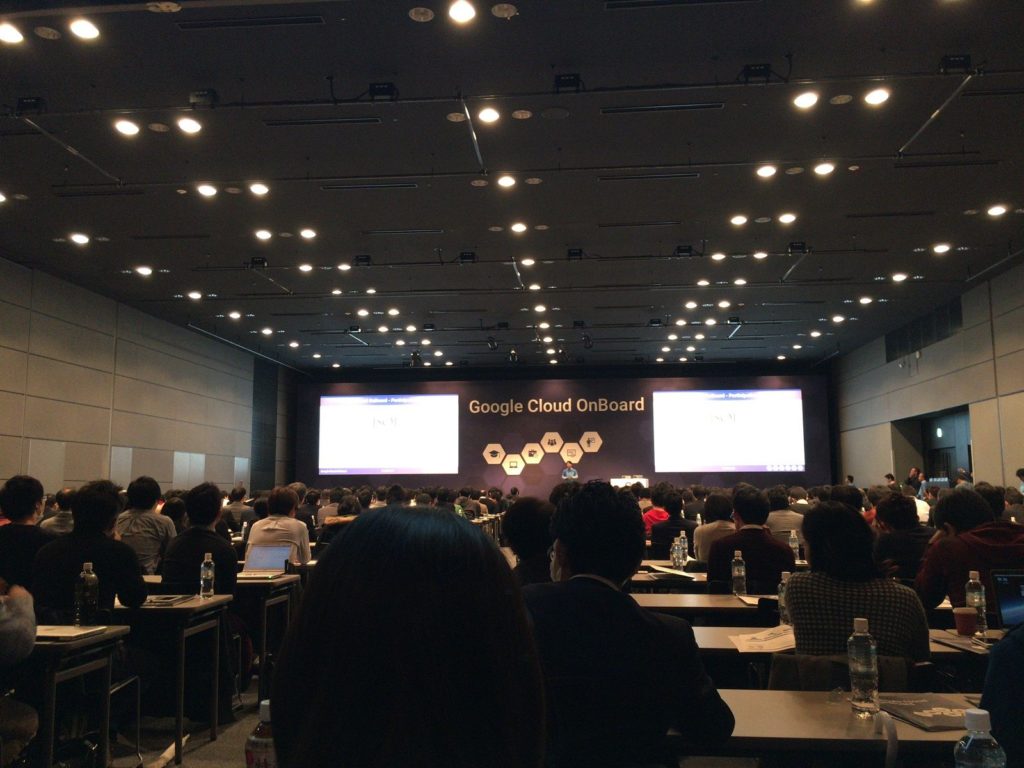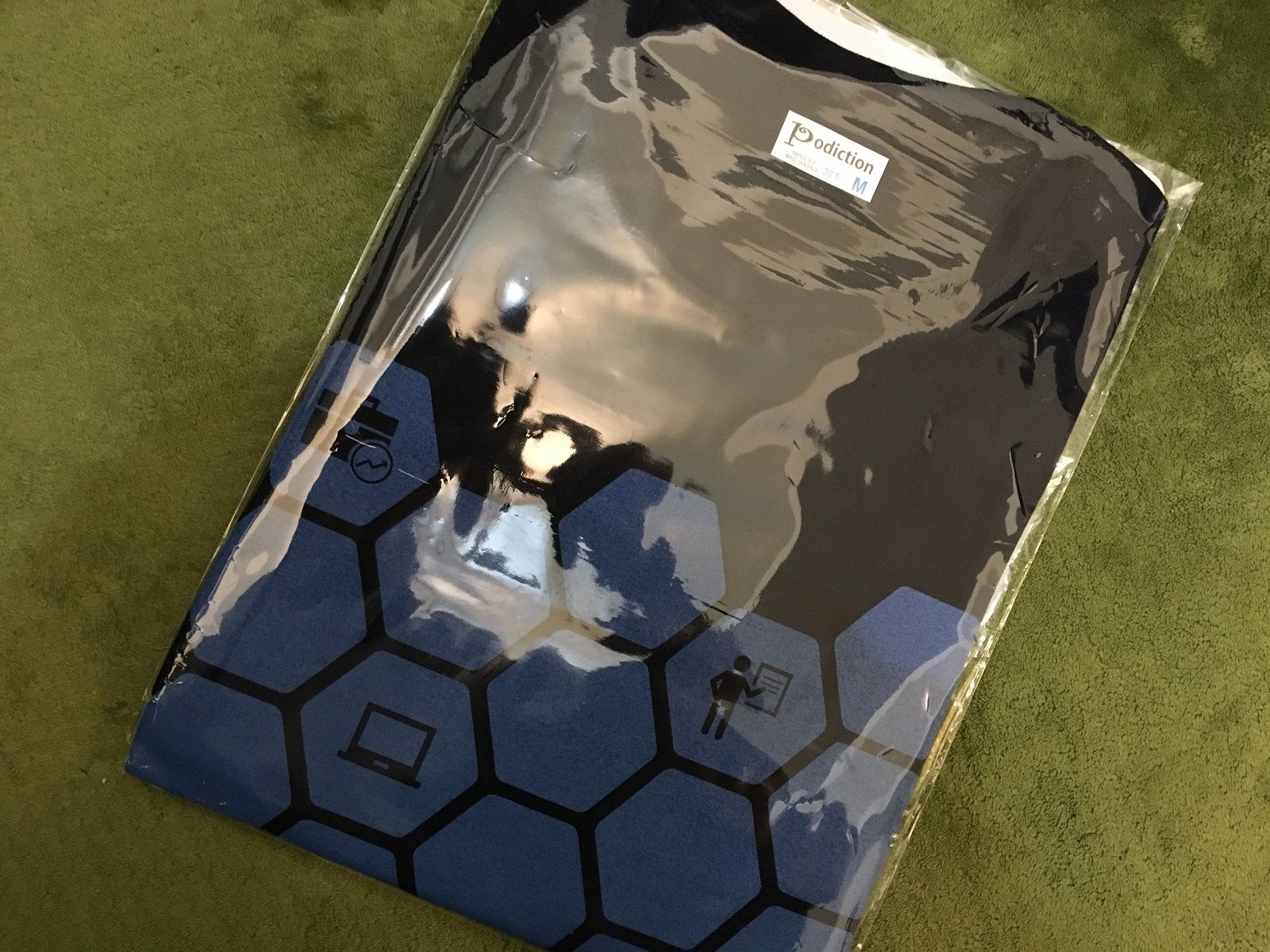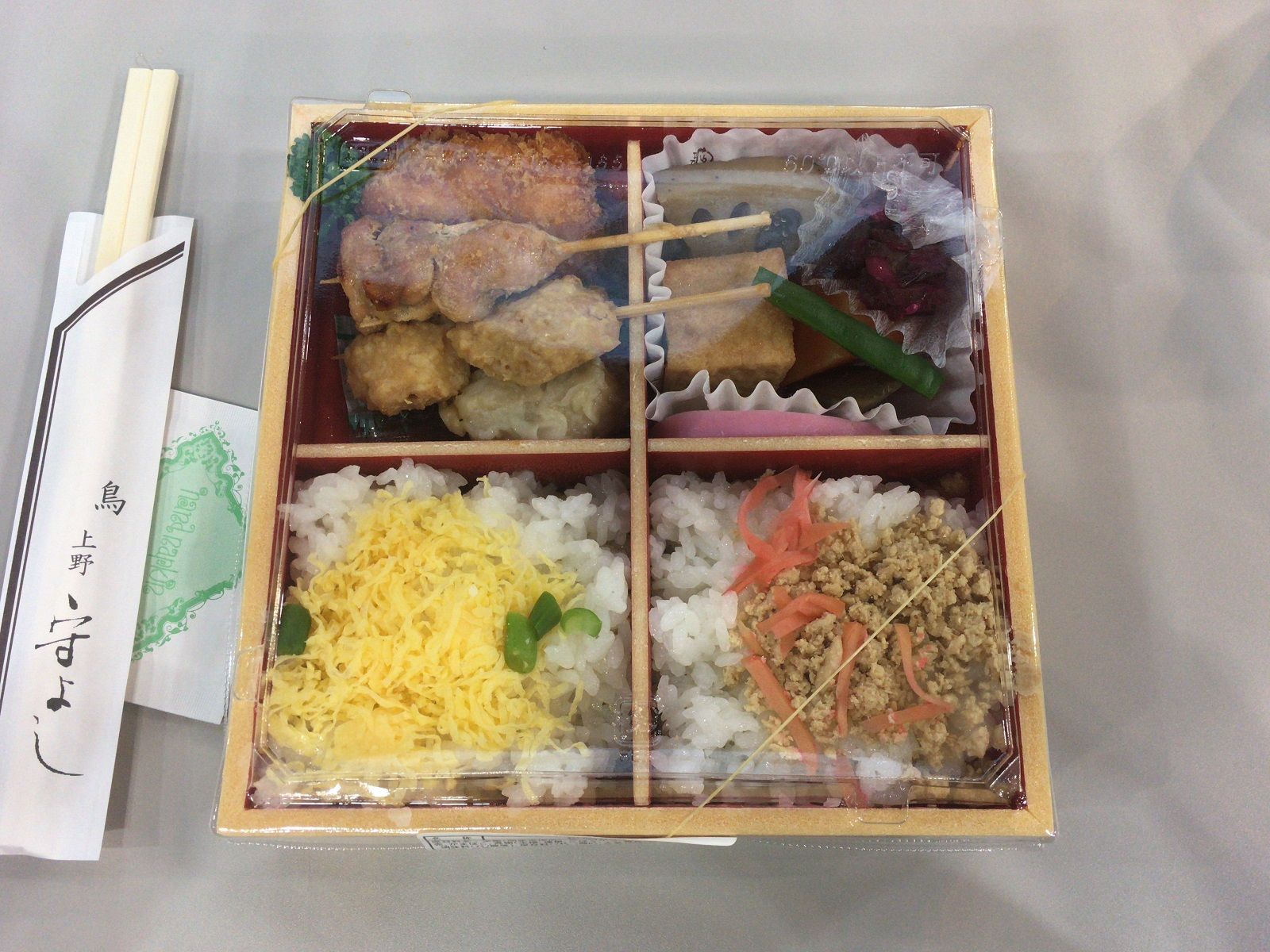Participated in Google Cloud OnBoard

My name is Ito, and I work as an infrastructure engineer and public relations officer
I participated in the "Google Cloud OnBoard" held on December 13, 2016
Google Cloud OnBoard is an introductory training course for Google's cloud platform, "Google Cloud Platform" (GCP), and
was held for the first time in Japan. It
introduced the many features of GCP, introduced and demonstrated use cases for each,
and gave participants the opportunity to hear about "what goes on inside Google" from people at Google.
I would like to give you a brief introduction to the contents of Google Cloud OnBoard
Google's way of thinking

Google's philosophy is to provide a service that anyone in the world can use, and
to ensure that anyone anywhere in the world can use the same service,
they require their data centers around the world to be in the same state, using a "Data Center as a Computer" approach.
Google's technology is publicly available, so it can be useful (in English):
Research at Google
At the heart of Google's various services is a container management system called Borg, and various services such as BigQuery run on Borg.
Incidentally, there is an open source version of this called Kubernetes.
Kubernetes - Production-Grade Container Orchestration
BigQuery is capable of completing regular expression replacement of 10 billion rows in just under 10 seconds.
So, how does it work internally?
It splits the data and stores it on HDDs. When a query is run, the data is extracted and a container is created for each.
Since disk I/O is a bottleneck when running a query, BigQuery splits the data into many containers to enable high-speed analysis.
By the way, BigQuery does not create an index but performs a full scan. Apparently,
creating an index is more difficult because the data is too large.
There are some similarities with AWS, but since they provide the parts they have developed and are using in-house,
in other words, "services used all over the world," as GCP, I felt that they were very confident.
They want you to use the services they provide as PaaS as much as possible, and
leave it to Google's super-fast infrastructure, so that you can focus on creating content.
Low price
Our company uses a variety of cloud services, but one thing that concerns us is the price.
GCP charges by the minute, rather than the usual hourly rate.
All machine types are billed for a minimum of 10 minutes of usage. For example, if you run a virtual machine for 2 minutes, you will be billed for 10 minutes of usage.
After 10 minutes, your instance will be billed to the next full minute. If your instance runs for 11.25 minutes, you will be billed for 12 minutes of usage.
In addition, discounts are applied just by using the machine.
If you use the machine for more than 25% of the month, you will be charged 80% of the basic fee.
Compute Engine automatically provides discounts on every minute of your instance usage if you use it for more than 25% of the month. The more hours you use, the higher the discount, up to a net discount of 30% on instances that run for the entire month
The third pricing feature is "Estimated Instances."
I think it's easiest to understand by looking at an image, so I've borrowed one from the official pricing page.

If there are various instances used within each specific project, such as an "instance used for 1 day" or an "instance used for 10 days,"
the charges will be calculated to "average" the instances and provide the greatest discount.
If there are two "instances used for 15 days," they will be considered "instances used for the entire month," and the automatic continuation discount will be applied.
Reference: Google Compute Engine Pricing | Compute Engine Documentation | Google Cloud Platform
I mean, there are a lot of people
The event was held at a venue called Bellesalle Shibuya, and apparently the turnout exceeded initial expectations, with some people standing. There
were about 1,000 people!
There were huge queues for the toilets, and also for coffee and other things, and
even though lunch boxes were distributed at free events, they were rarely available...!

There were lots of presents and everyone was given a T-shirt, so
I thought it was a really luxurious study session.
This Google Cloud OnBoard was positioned as an introduction to GCP, so
I would like to participate in a hands-on seminar that goes into more depth.

 0
0






